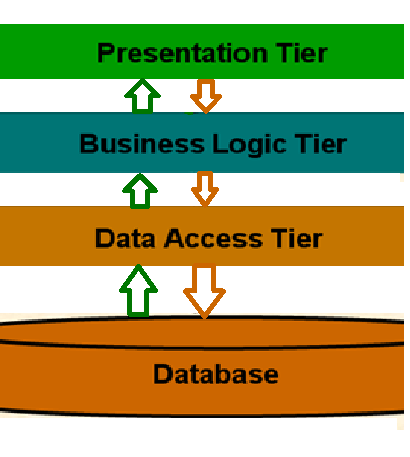The most important aspects of a programming language
Most important aspects of a programming language :
The most important aspects of a
programming language often depend on the context in which it's used, but
generally, the following factors are considered most important:
- Readability:
Code should be easy to read and understand, both for the original
developer and for others who might work on it later.
- Expressiveness: A good language allows developers to express ideas clearly and concisely with minimal boilerplate.
- Performance: For systems that require speed or efficiency (e.g. games, embedded systems), the language’s execution speed and memory usage are critical.
- Ecosystem & Libraries: A strong standard library and a large collection of third-party packages greatly boost productivity.
- Tooling Support: Good debuggers, IDEs, linters, and testing tools can make development much easier.
- Community & Documentation: A large, active community and thorough documentation mean better support and learning resources.
- Safety & Reliability: Some languages emphasize preventing bugs (e.g., through strict typing or memory safety features).
- Portability: How easily can code be run across different platforms or systems?
- Scalability: The language should support the development of both small scripts and large systems if needed.
What is most important in programming language in these day
In
today's software development landscape, the most important aspects of a
programming language tend to be:
1.
Developer Productivity
- Modern teams value speed
of development, and languages that are easy to learn, write, and debug
(like Python, JavaScript, or TypeScript) are highly favored.
- Readability, concise
syntax, and good tooling contribute to this.
2.
Ecosystem and Community
- A strong ecosystem
of libraries and frameworks allows developers to build applications
faster.
- A large community means
better support, more tutorials, open-source packages, and active
development.
3.
Cross-Platform and Web Compatibility
- Languages that support
building for the web, mobile, and cloud (like JavaScript, TypeScript, or
Dart with Flutter) are highly relevant.
- Interoperability with
other languages and platforms (e.g., Python’s use in AI, Java in
enterprise, Rust in systems programming) is key.
4.
Security and Reliability
- Modern applications,
especially in finance, health, and systems, demand languages that help prevent
bugs and vulnerabilities.
- Languages like Rust and
TypeScript are gaining ground because they provide safety features without
heavy performance penalties.
5.
Performance and Scalability (when needed)
- While productivity
often wins, in high-performance scenarios (like gaming, backend
services, and machine learning), languages like C++, Rust, or Go are
preferred.
6.
Cloud-Native & AI/ML Integration
- Languages that work
well with cloud infrastructure (like Go and Python) or AI/ML
tools (Python, Julia) are becoming more important.
In
short: ease of use, ecosystem strength, security, and cloud/web friendliness
are the top priorities today.



Comments
Post a Comment